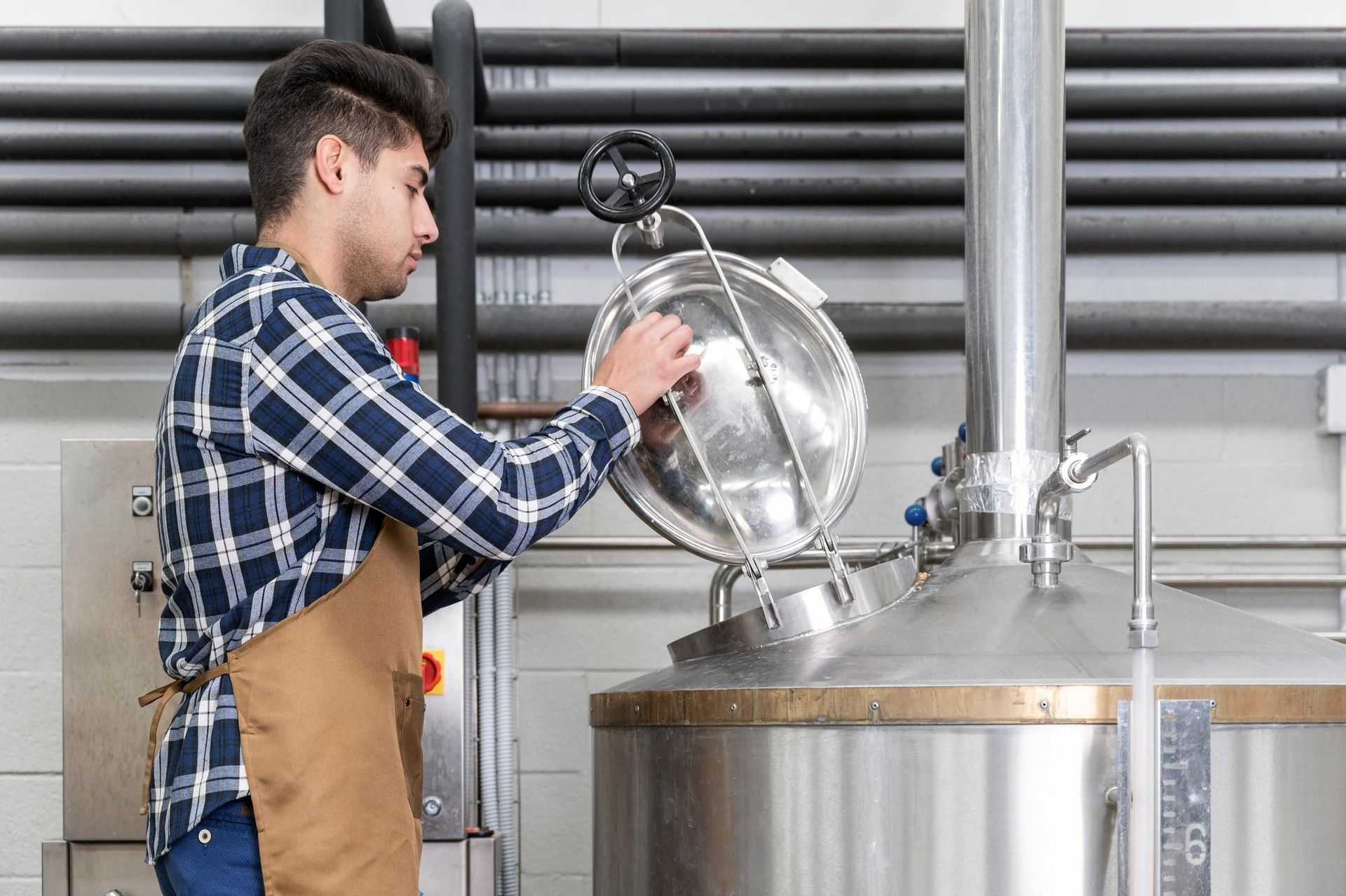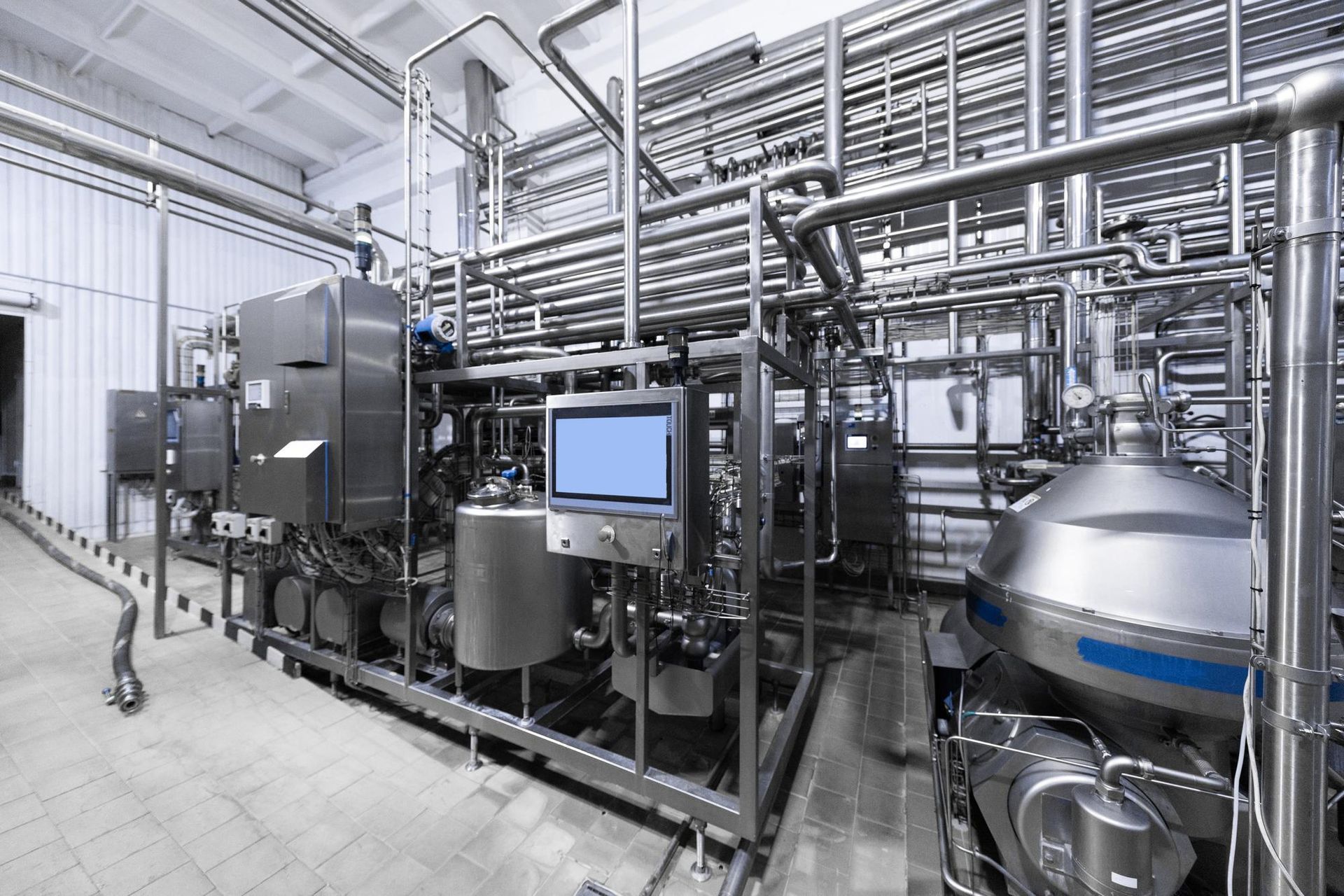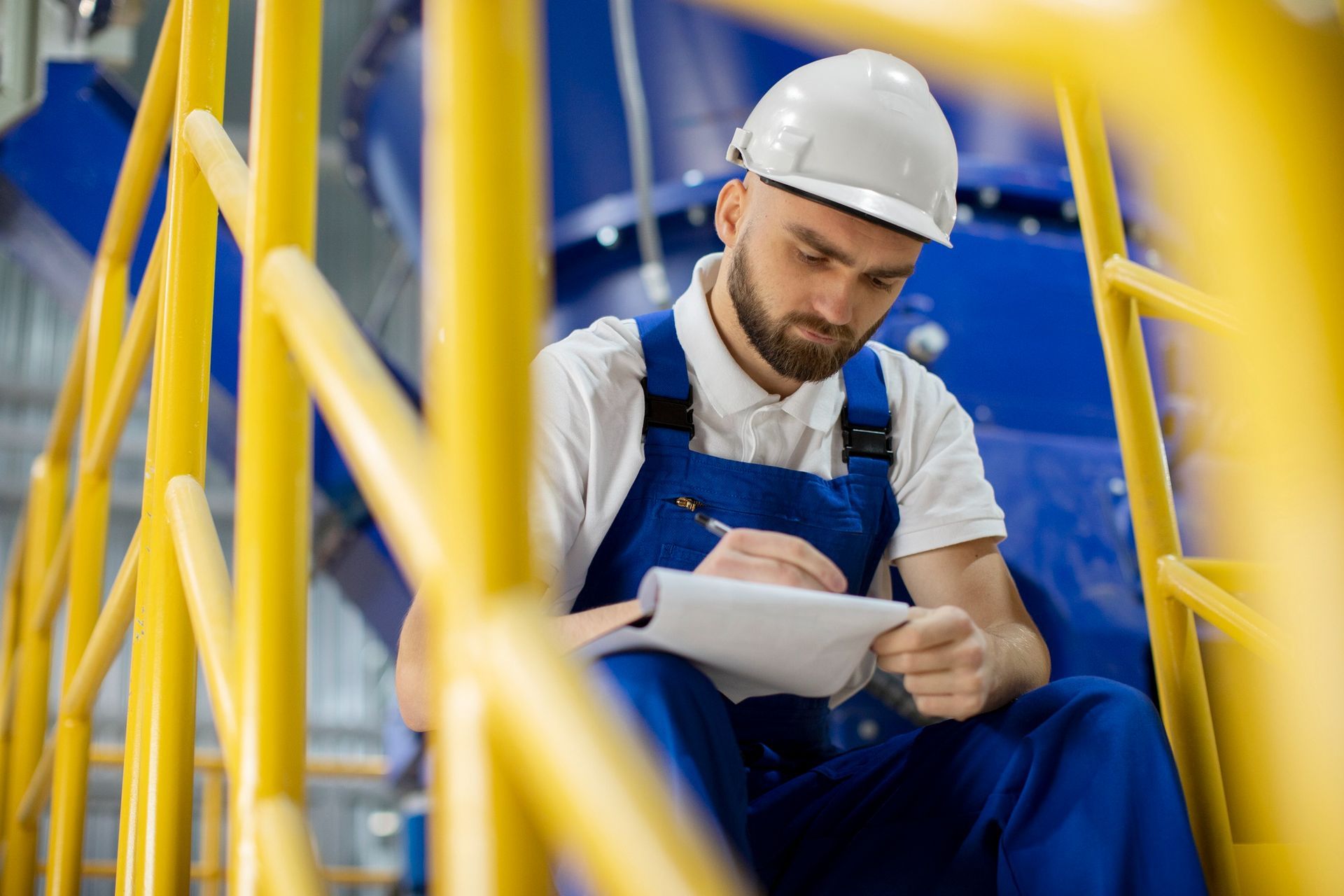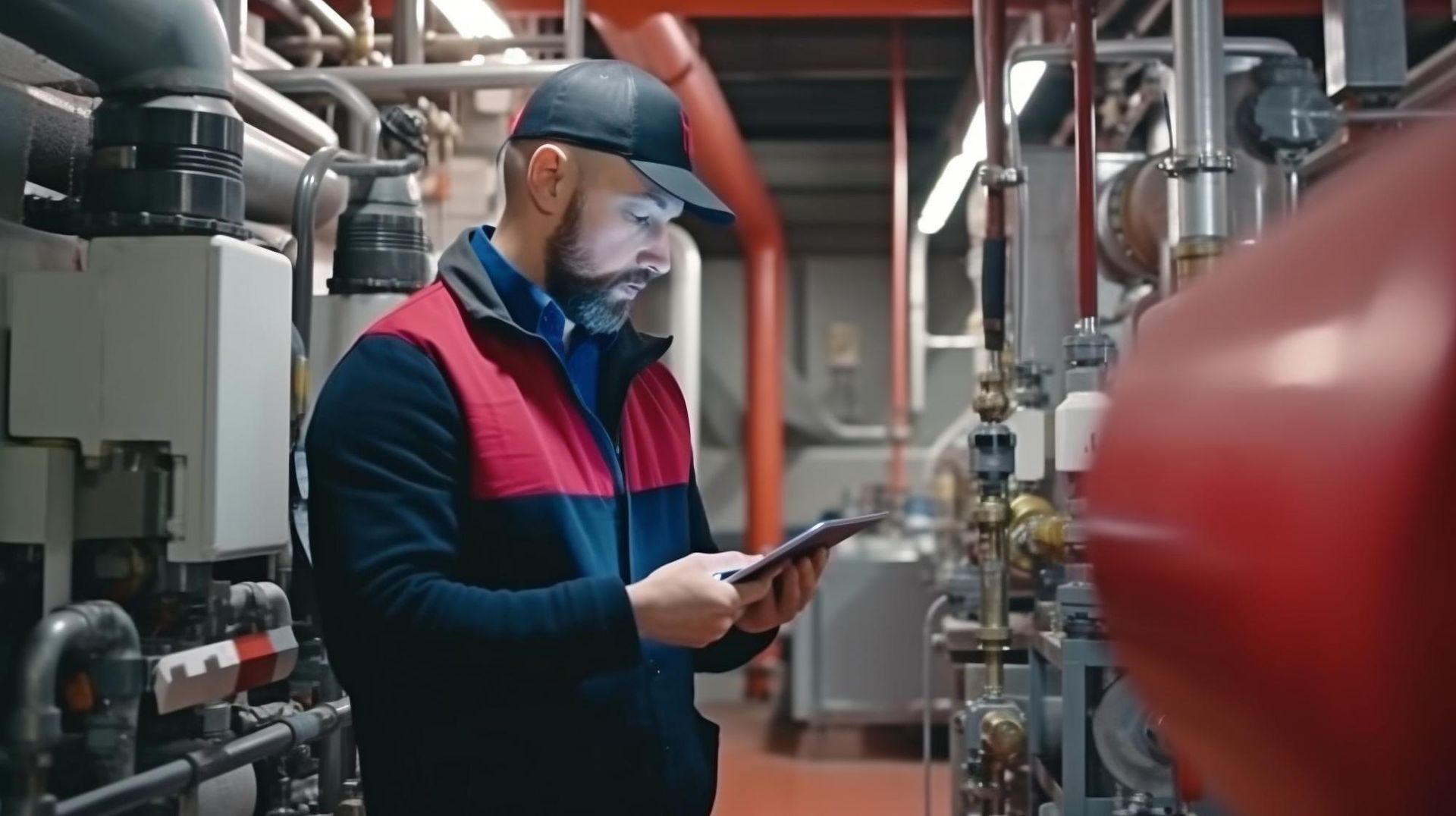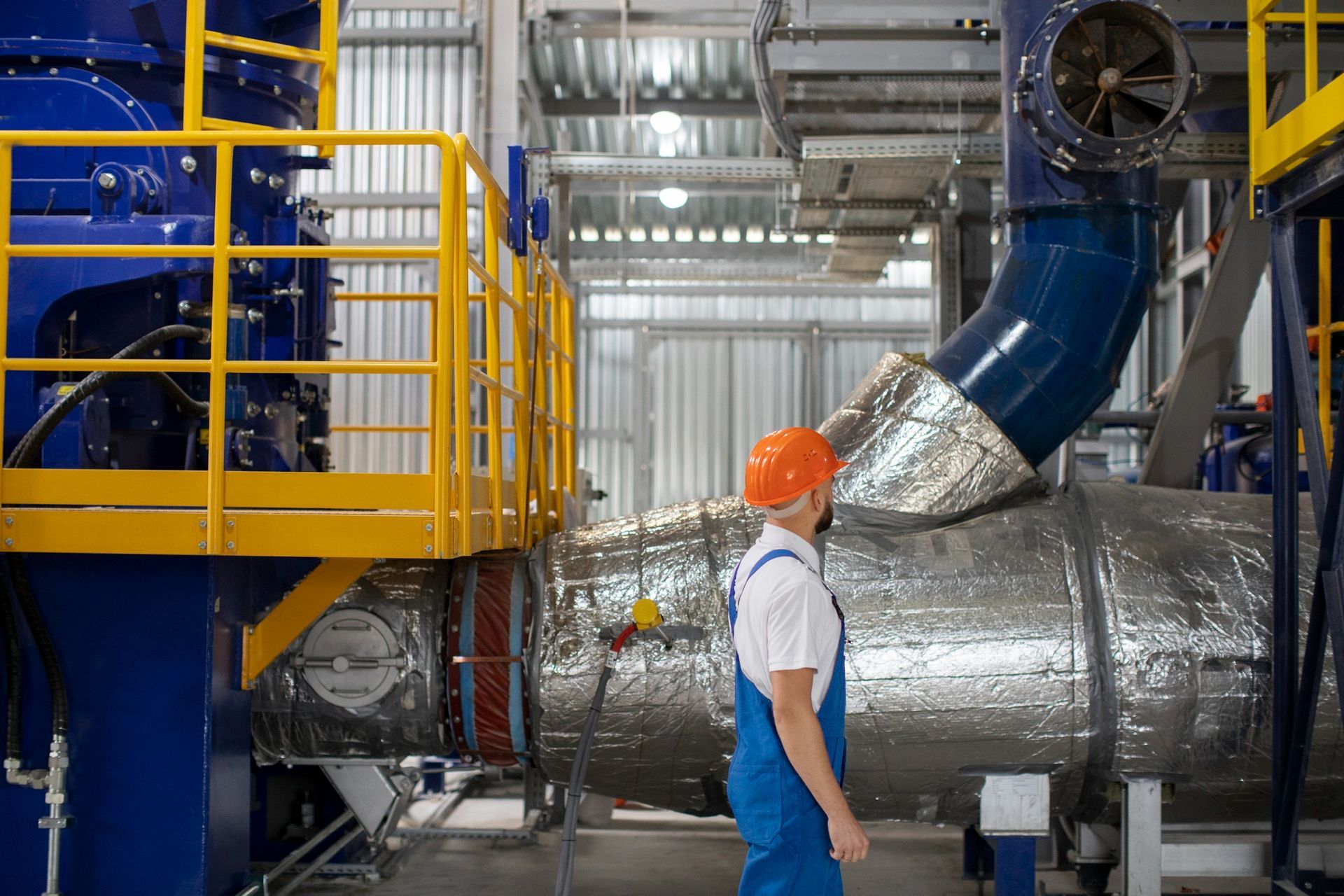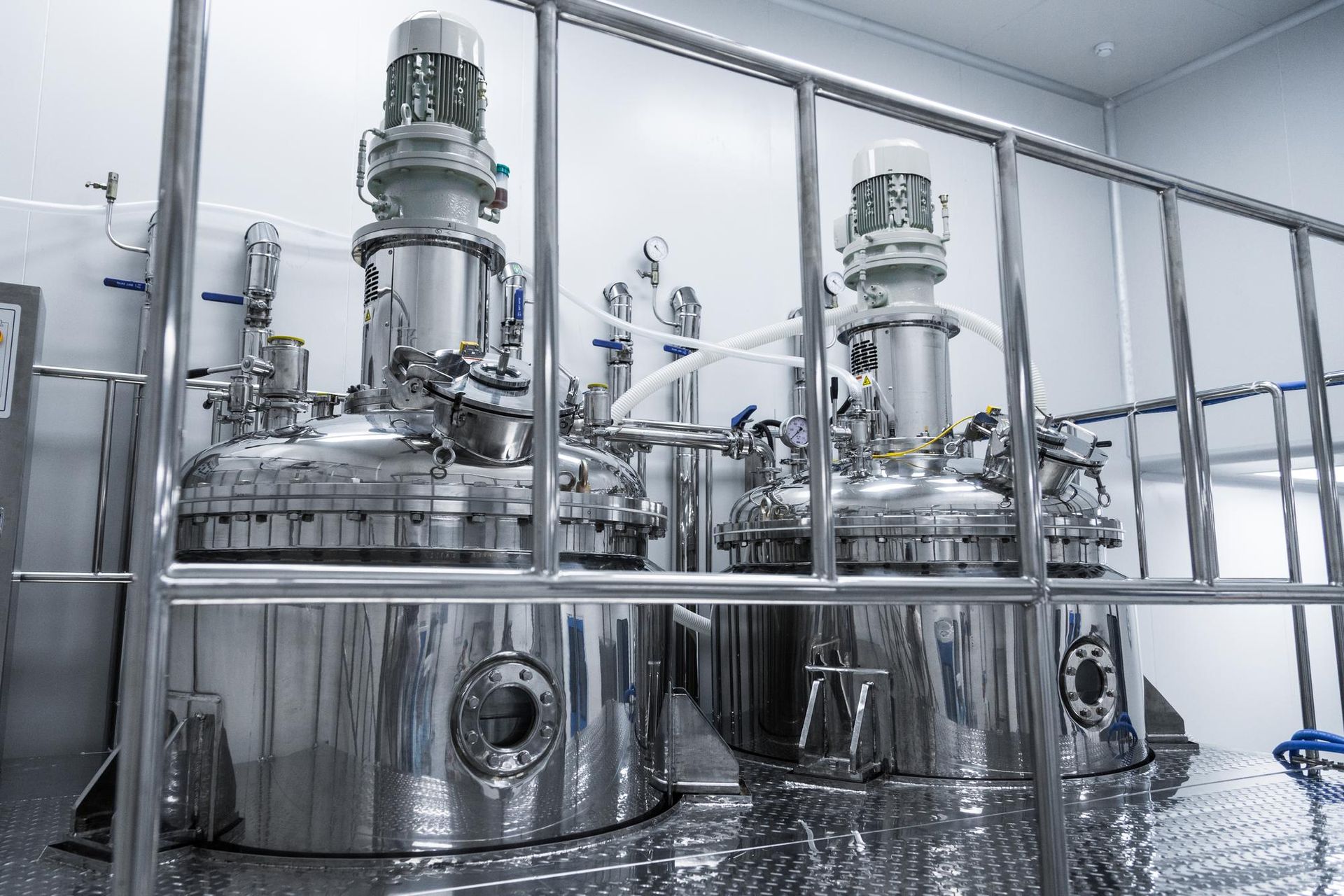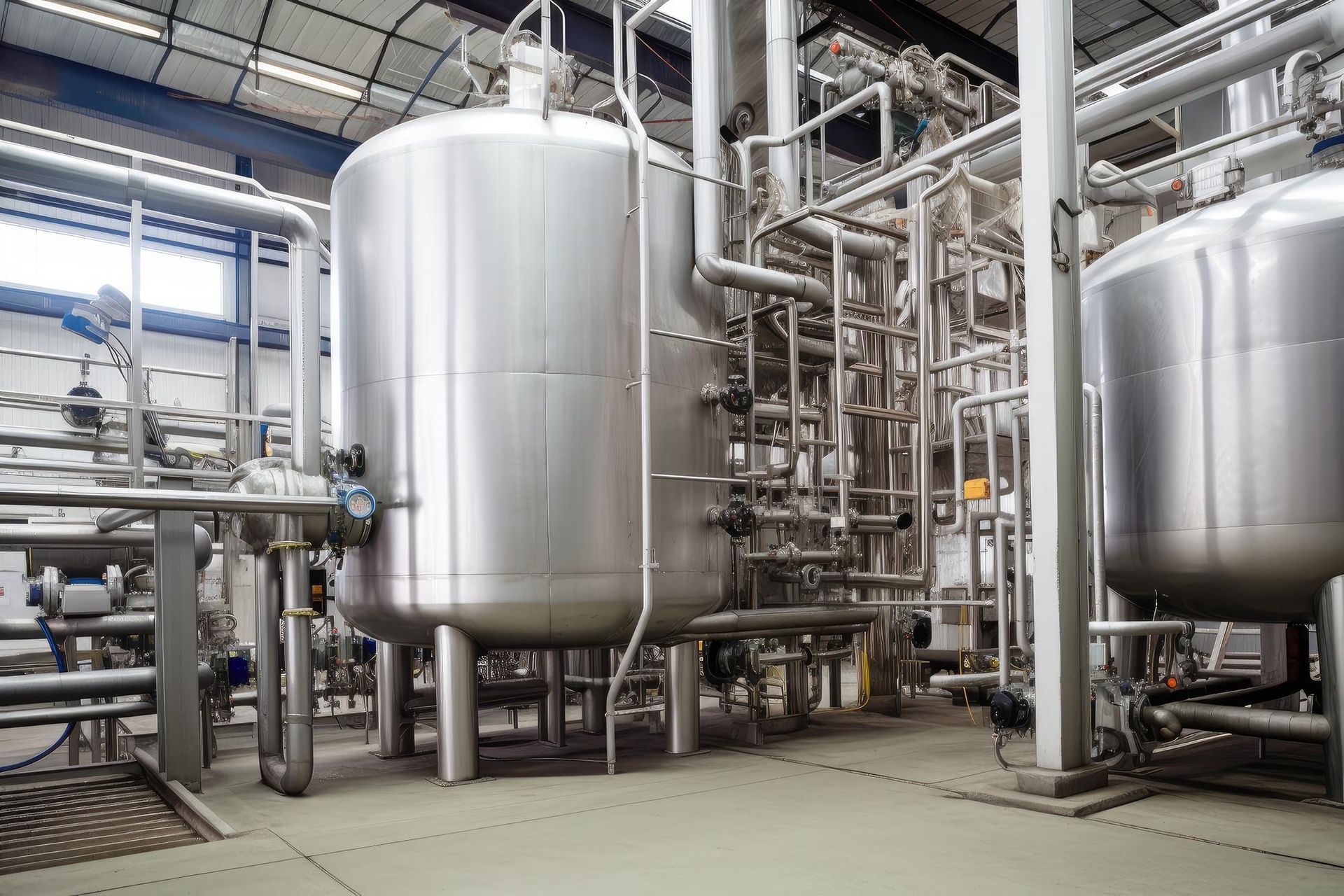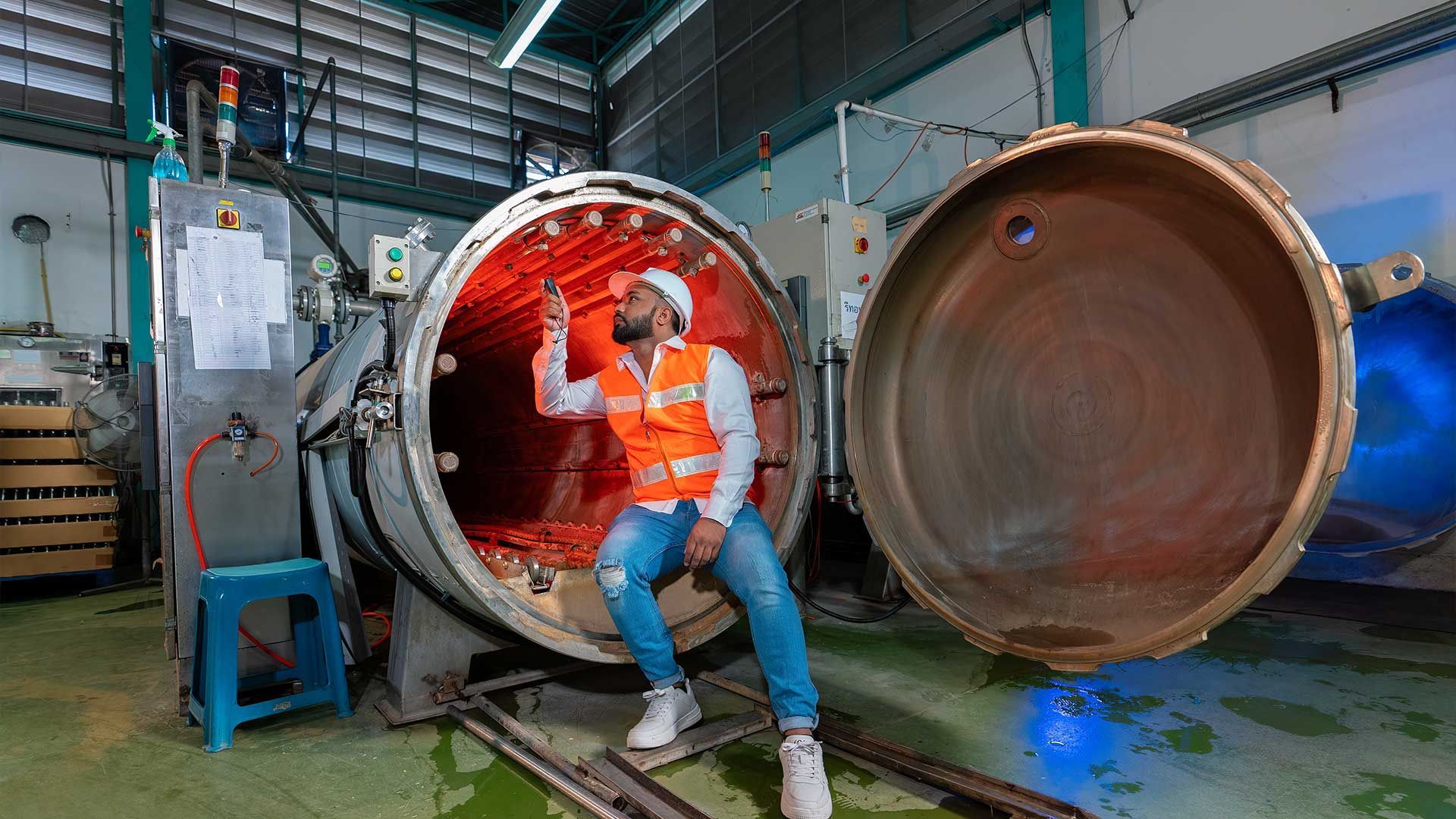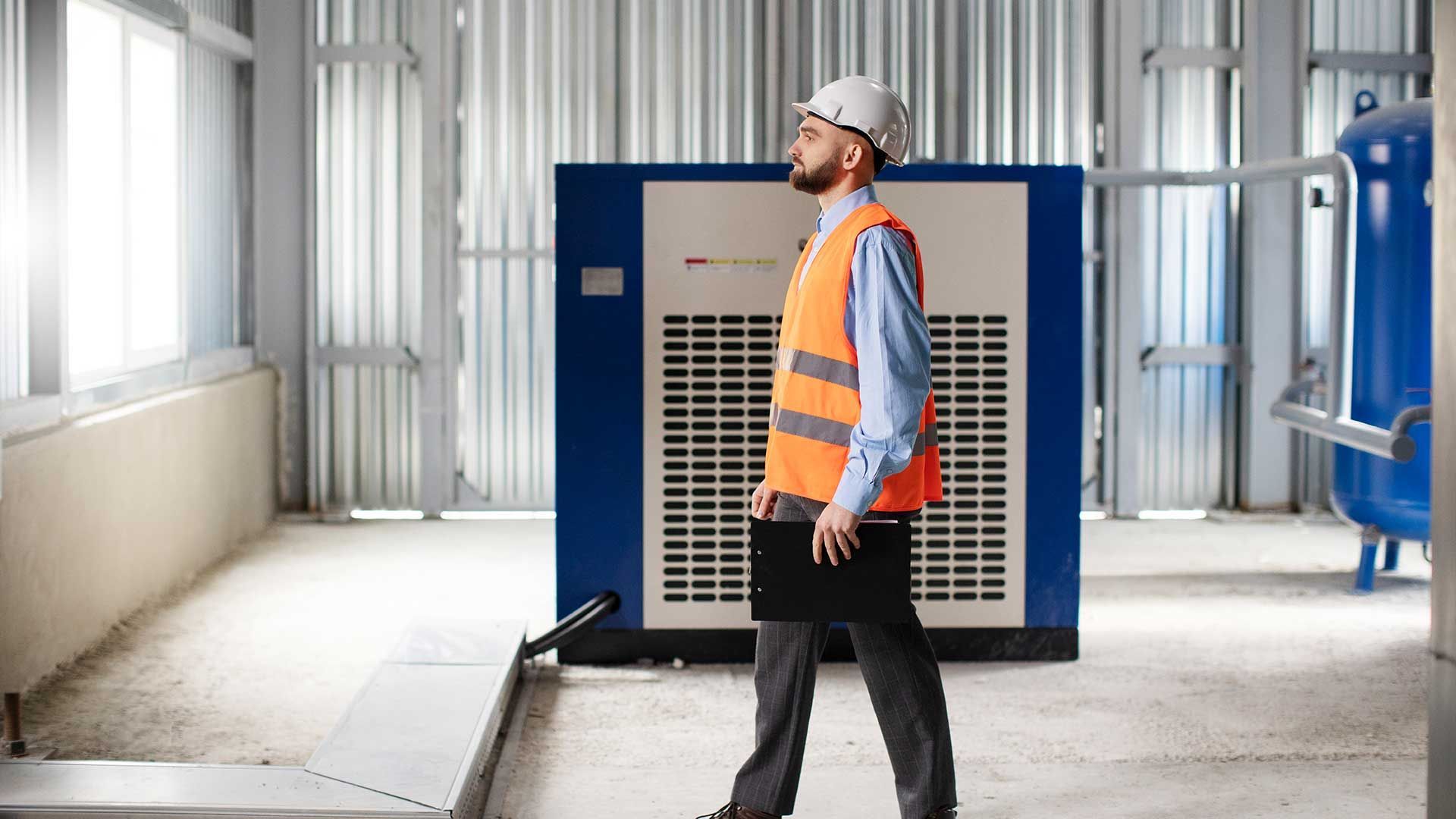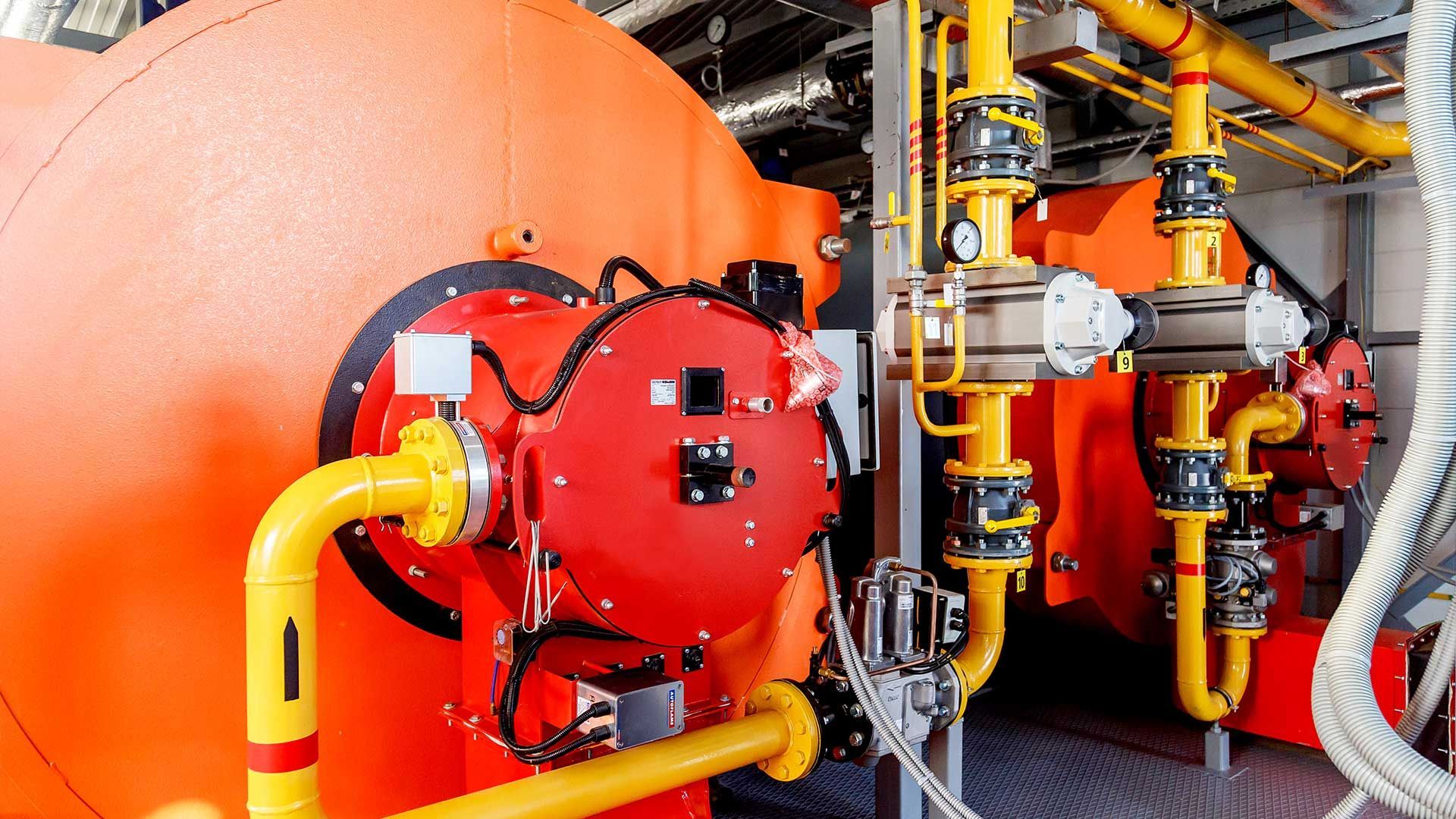CALL US TODAY! (813) 469-7733
CALL US TODAY! (813) 469-7733
How to Choose the Right Boiler for Your Home or Business
Understanding Different Types of Boilers
When it comes to boiler installations, knowing the different types available is the first step. Mainly, there are three types of boilers: combi, system, and conventional.
Combi Boilers:
These are compact and efficient. They heat water directly from the mains as soon as you turn on the tap, so you get hot water instantly. This type is great for small homes or apartments where space is limited, as they don't need a separate water tank.
System Boilers: These boilers work with a water cylinder but don't require a tank in the loft. They're good for homes with more than one bathroom because they can provide a lot of hot water at once. They take up more space than combi boilers but are more efficient for larger homes.
Conventional Boilers: Also known as regular or heat-only boilers, they use both a cylinder and a tank. They're best for larger homes with multiple bathrooms and where a lot of hot water is used at the same time. They take up the most space but are effective for big households.
Each type has its pros and cons. Combi boilers save on space and are more efficient, but they might not be the best for homes with high water usage. System and conventional boilers handle higher demands better but require more space. Understanding these differences will help you choose which type is best for your home or business, based on your space and hot water needs.
Assessing Your Heating and Hot Water Needs
Before choosing a boiler, it's important to understand your heating and hot water needs, as this will influence the type and size of boiler you should install. Here's how to assess these needs:
Property Size: The size of your home or business plays a big role. A larger space usually means you'll need a boiler with a higher capacity to heat it effectively.
Number of Bathrooms:
More bathrooms mean more demand for hot water. If you have several bathrooms that are used often, you might need a system or conventional boiler rather than a combi boiler.
Usage Patterns: Think about when and how you use hot water. Do you need lots of hot water at the same time, like in the mornings when everyone is getting ready? Or is it more spread out throughout the day?
Existing System:
If you're replacing an old boiler, consider whether your current heating system meets your needs. If it does, a similar type of boiler might work well. If not, you might need to switch to a different type.
By understanding your specific needs, you can
choose a boiler that won't leave you shivering or waiting for hot water. It's all about matching the boiler’s capacity and capabilities to what your home or business requires. This way, you get enough heat and hot water when you need it, without wasting energy and money on a boiler that's too big for your needs.
Energy Efficiency Considerations
Energy efficiency is a key factor in choosing a boiler for your home or business. An efficient boiler not only reduces your carbon footprint but also lowers your energy bills. Here’s what you need to consider:
Efficiency Ratings: Modern boilers come with efficiency ratings. Look for a boiler with a high rating, often indicated as 'A-rated'. These boilers use less energy to produce the same amount of heat, making them more cost-effective in the long run.
Type of Fuel:
The type of fuel your boiler uses can affect its efficiency. Gas boilers are common and tend to be efficient, but there are also
electric and oil boilers. Consider the availability and cost of these fuels in your area.
Condensing Boilers: Most new boilers are condensing boilers. They capture heat that would normally escape through the flue and reuse it, making them more efficient than older models.
Programmable Thermostats and Controls: Look for boilers that can be paired with programmable thermostats and controls. These allow you to set your heating to turn on and off at specific times, or adjust the temperature, which can save energy and reduce costs.
Choosing an energy-efficient boiler might mean a higher upfront cost, but it can save you money on your energy bills over time. Plus, it's better for the environment, which is a win-win. When considering a new boiler, always weigh the initial cost against the long-term savings in energy efficiency.
Considering Installation and Operating Costs
When planning for boiler installations, it's important to factor in both the installation and the long-term operating costs. Here's how you can approach this:
Installation Costs: The cost of installing a boiler can vary depending on the type of boiler, the complexity of the installation, and the rates of the service provider. Get quotes from several installers to compare prices. Remember, the cheapest quote may not always be the best choice – quality and reliability are crucial.
Long-Term Operating Costs:
Consider how much the boiler will cost to run. More efficient boilers may be more expensive initially, but they can save you money on your energy bills in the long run. Look at the estimated annual operating costs for each boiler model you're considering.
Maintenance and Repairs: Don't forget to consider the cost of regular maintenance and potential repairs. Some boilers may be cheaper to maintain than others. Regular maintenance is essential to keep your boiler running efficiently and to prevent costly repairs.
Warranty and Service Plans: Check the warranty that comes with the boiler. A longer warranty can offer peace of mind and save you money on repairs. Some companies also offer service plans that cover regular maintenance.
By considering both the initial installation cost and the long-term operating expenses, you can make a more informed decision about which boiler is the most cost-effective option for your home or business. Remember, investing in a high-quality, efficient boiler can lead to significant savings over time.
Space Requirements and Installation Constraints
The physical space you have available and any installation constraints are also important factors to consider when selecting a boiler. Here’s what to keep in mind:
Boiler Size and Location: Different boilers have different size requirements. Make sure you have enough space for the boiler you choose. This includes not only the space for the boiler itself but also any necessary clearance around it for safe operation and maintenance.
Flue Location:
The flue is the vent through which exhaust gases are expelled. Consider where the flue can be safely and legally placed. This might affect the type of boiler you can choose or where it can be located.
Access for Installation:
Think about how the boiler and any necessary equipment will get into your property. Make sure there is adequate access for the installers to bring in and set up the boiler.
Consulting Professionals: It’s a good idea to have a professional assess your space before you choose a boiler. They can advise on the best type of boiler for your space and any installation challenges you might face.
By taking into account the space requirements and installation constraints, you can avoid surprises during the installation process. This planning helps ensure that your boiler installation goes smoothly and that your new boiler fits well in your home or business.
Navigating Regulatory and Safety Considerations
When installing a new boiler, it's essential to be aware of the regulatory and safety considerations to ensure compliance and safety. Here are key aspects to keep in mind:
Building Regulations: Boiler installations must comply with local building regulations. These regulations cover aspects like safety, efficiency, and emissions. It's important to ensure that your installation meets these standards to avoid any legal issues.
Gas Safety Regulations: If you're installing a gas boiler, specific safety regulations apply. Only qualified and registered professionals should install gas boilers to ensure they are safe and comply with the law.
Carbon Monoxide Safety:
Boilers, especially gas boilers, can produce carbon monoxide if they're not functioning correctly. Ensure that your installation includes a carbon monoxide detector near the boiler for safety.
Hiring Certified Professionals:
Always hire a certified professional for boiler installations. They are trained to adhere to safety standards and regulatory requirements, ensuring a safe and compliant installation.
Regular Inspections: Once installed, boilers should be regularly inspected and serviced by a professional. This ensures they remain safe and efficient.
By adhering to these regulatory and safety considerations, you can ensure that your boiler installation is not only
compliant with the law but also safe for everyone in the building. Remember, cutting corners on safety can have serious consequences, so it's always better to invest in professional, certified installation services.
The Importance of Professional Advice
Seeking professional advice is crucial when choosing and installing a boiler. Here’s why consulting with HVAC professionals or boiler installation experts is essential:
Tailored Recommendations: Every home or business has unique heating needs. Professionals can assess your specific situation and recommend the best boiler type and size for your requirements.
Expertise in System Design: An experienced installer understands how to design a heating system that maximizes efficiency and comfort. They can also identify potential issues in your current system and suggest improvements.
Understanding of Regulations:
Professionals are up-to-date with the latest building codes and safety regulations. They can ensure that your installation is compliant, avoiding legal problems down the line.
Quality Installation:
Proper installation is key to ensuring that your boiler operates efficiently and safely. Professionals have the skills and tools necessary to install your boiler correctly.
Access to Warranties and Guarantees: Often, warranties and guarantees on boilers are only valid if the installation is carried out by a certified professional. This can offer you peace of mind and protection against future problems.
In summary, while it might be tempting to attempt a DIY installation or go with the cheapest option available, consulting with professionals ensures that you get a safe, efficient, and compliant installation. Their guidance can help you make informed decisions and avoid costly mistakes. Remember, a boiler is a significant investment, and getting it right from the start is crucial for its long-term performance.
Conclusion
Choosing the right boiler for your home or business is a decision that impacts your comfort, energy efficiency, and long-term costs. It involves understanding your heating needs, considering energy efficiency, factoring in costs, and complying with regulations. Above all, seeking professional advice and installation is paramount.
At
Boiler Technologies Unlimited, we specialize in helping you make the right choices for your boiler installations. Our team of experts is dedicated to ensuring that your boiler not only meets your heating needs but also operates safely and efficiently. With years of experience and a commitment to quality, we are your trusted partner in the world of heating solutions.
For personalized advice and professional boiler installation services, contact us today at
813-469-7733. Let us help you enjoy the comfort and efficiency that the right boiler can bring to your home or business.
Reach Out to Us Now
Trust Boiler Technologies Unlimited for any of your boiler needs.
Get your boiler working smoothly today!
Contact Information
Matt Whitaker
Florida Regional Industrial Boiler Sales Engineer/ Owner
Email: matt@boilertechnologies.com
Phone: (813) 469-7733
Camden Whitaker
Florida Regional Industrial Boiler Sales Engineer/Owner
Email: camden@boilertechnologies.com
Phone: (850) 704-0854
All Rights Reserved | Boiler Technologies Unlimited


